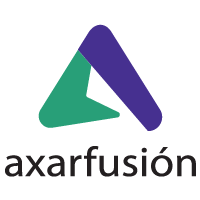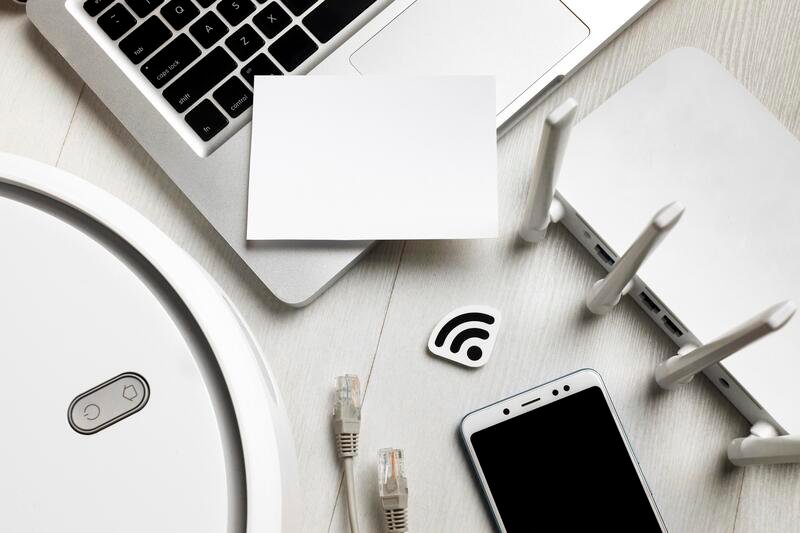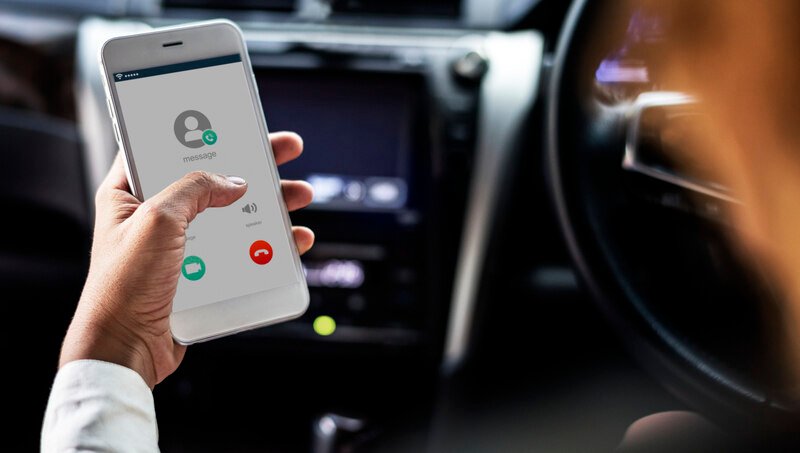We live in the new digital age where access to the internet is no longer a privilege. Not so many years ago connecting to the internet was something that very few could say, today practically everyone has connected to the internet at some point in their lives.
But, what if we ask you, what types of internet connections exist? Your answer may be 3G and 4G, but internet connections cover much more. New technologies are becoming more and more available, which is great for advancing our needs, but it can make it really difficult to know what types of Internet connection are available to you, or are best for you.
Maybe your TV suddenly finds itself without an internet connection, you have a lot of micro-cuts or you are wondering how to know if my internet connection is stable. These problems usually depend on the type of internet connection you have. With this in mind, Axarfusion has put together a complete guide to the different types of Internet connections, to make it easier for you to understand what they are, how they work and which one is right for you.
Cable modem
Cable Internet uses a cable modem that connects directly to the Internet through the same coaxial cables you use to connect to your cable TV service. (Don’t worry, you can still watch TV while using the Internet). It has speeds of up to 1 gigabit per second (Gbps) and you will generally have faster Internet speeds with cable than ADSL, but fibre optic Internet is generally faster than the average cable connection.
Fiber optics
Fibre optic is a type of internet obtained through a specific fibre optic cable. This is a very fast type of internet connection, as it can send data at 70% of the speed of light, amazing huh!
5G Internet
5G Internet is a wireless technology that works over broadband cellular networks. This allows for greater reliability, faster speeds, a smoother user experience and, of course, much greater network capacity.
4G Internet
4G internet has a fairly high speed, although it offers lower speeds than 5G internet. Although it is interesting to know that even if it is inferior to 5G, the speed of 5G is not always necessary for everyday web browsing. If you need powerful speed because you stream or need to download large amounts of data, 5G is a better option, but if you use the internet on a regular basis, there is not much difference.
DSL
DSL Internet is similar to cable Internet. However, cable Internet is faster than DSL connectivity. At the same time, DSL can also be significantly cheaper. If speed is not important to you, it is more cost-effective to purchase a DSL service.






